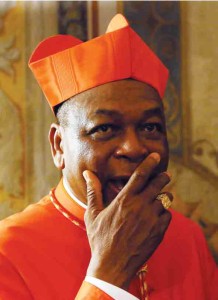
Cardinal John Olorunfemi Onaiyekan, Archbishop of Abuja.
Cardinal John Olorunfemi Onaiyekan has been a powerful voice for peace between Muslims and Christians in his country, Nigeria, and for this reason we honor him as one of our “Top Ten” People of 2012. Pope Benedict XVI created him a cardinal at the consistory of November 24, 2012, two months ago.
In Nigeria, a bitter conflict has been taking place in recent years between Christians and Muslims. Boko Haram, a fundamentalist Islamic organization, has bombed a number of churches, often on Sundays, and killed many Christians by these attacks. Its members also seek to compel Christians by force to convert to Islam. Consequently, some Christian leaders in the area have endorsed fierce anti-Muslim rhetoric, and Christian mobs have sometimes targeted and killed Muslims, especially after the presidential elections in 2011.
But Nigerians will long remember Cardinal Onaiyekan’s visits to the homes of some eminent Muslims to break the Ramadan fast with them at the end of the fasting season. He won respect from all parties for his efforts to ease religious tensions by using his position to speak against mis-governance and to build bridges between Islam and Christianity.
Pope Benedict’s choice of Cardinal Onaiyekan to become a member of the Sacred College is a sign of his respect for Onaiyekan’s public, courageous witness to the Gospel in Nigeria.
The cardinal was nominated in 2012 for the Nobel Peace Prize alongside the Muslim Sultan of Sokoto, Alhaji Muhammed Sa’ad Abubakar III, for their roles in working for peace in the face of the Boko Haram insurgency in the north of Nigeria. (The award went to the European Union as a whole.) He was chosen as Pax Christi International’s 2012 Peace Laureate and he co-chairs the Nigeria Interreligious Council (NIREC) with the sultan.
He is a strong advocate for justice for the poor, and a sharp critic of injustice in Nigeria’s political economy. He is also a skilled debater with a good sense of humor, demonstrated also in a recent discussion with Christopher Hitchens and Stephen Fry on the BBC.
He is a well-known figure at the Vatican since he has participated in numerous Vatican activities and in synods of bishops.
His has been a voice that has transcended Africa’s borders, denouncing violence and urging that dialogue continue with the rest of the Muslim world despite the violence.
Christianity in Nigeria has grown rapidly. It was the religion of only 2 percent of the population a century ago. By 1960 its followers were around 30 percent. Now Christians make up more than 50 percent of the population. Nigerian Catholics claim 19 million adherents, which makes it the largest Christian denomination in the country. Nigeria has more Catholics than any other African country. But Islam is also on the rise in Nigeria, especially in the north, and this has brought conflicts.
Onaiyekan was born in 1944 in the town of Kabba, Nigeria. He attended Catholic schools in Nigeria and completed his religious studies in Rome in 1969. He was ordained as a priest the same year. He received his licentiate in Sacred Scripture in 1973 and earned his doctorate in 1976. In his dissertation he dealt with the topic of “The Priesthood in Pre-Monarchial Ancient Israel and Among the Owe-Yoruba of Kabba: A Comparative Study.” His studies abroad were funded by the Premier of the Northern Nigeria Region, Sir Ahmadu Bello, a Muslim.
Pope John Paul II in October 1980 appointed Onaiyekan to the International Theological Commission.
He was ordained as bishop in 1983, and became the Bishop of Ilorin, Kwara State. In 1990 he became Coadjutor Bishop of the Diocese of Abuja, and when the diocese became a Metropolitan See in 1994, John Onaiyekan became the Metropolitan of Abuja.
In 1987 he published a work titled The Shariah in Nigeria: A Christian View, much before the country’s present ordeal burst out.
Onaiyekan was elected to the position of Vice-President of the Catholic Bishops’ Conference of Nigeria (CBCN) in 1994, and President of that organization in 2000.
Onaiyekan was appointed to serve as one of the papally-appointed Synod Fathers
for the October 2012 Ordinary General Assembly of the Synod of Bishops on the New Evangelization.
During the Synod of Bishops in October, Onaiyekan told reporters at a briefing that the question of poverty in the world was a question of economic justice.
“Poverty in the world has to be dealt with by justice,” he said. “Africans from poor countries admire the Vatican and have no desire to dismantle it. The few poor people who come here have never said, ‘Oh, why don’t you sell this and give us money for food.’ They always say, ‘What a beautiful place.’ They admire it… maybe because man does not live by bread alone. There are other big buildings that need to be moved and sold — all those big structures, all those unjust financial and economic structures in the world. Those are the things to move, so that the poor can survive.”
“The irony and sadness of it is that we know what to do,” he said. “And it can be done, but we don’t have the political or spiritual will to do it.”

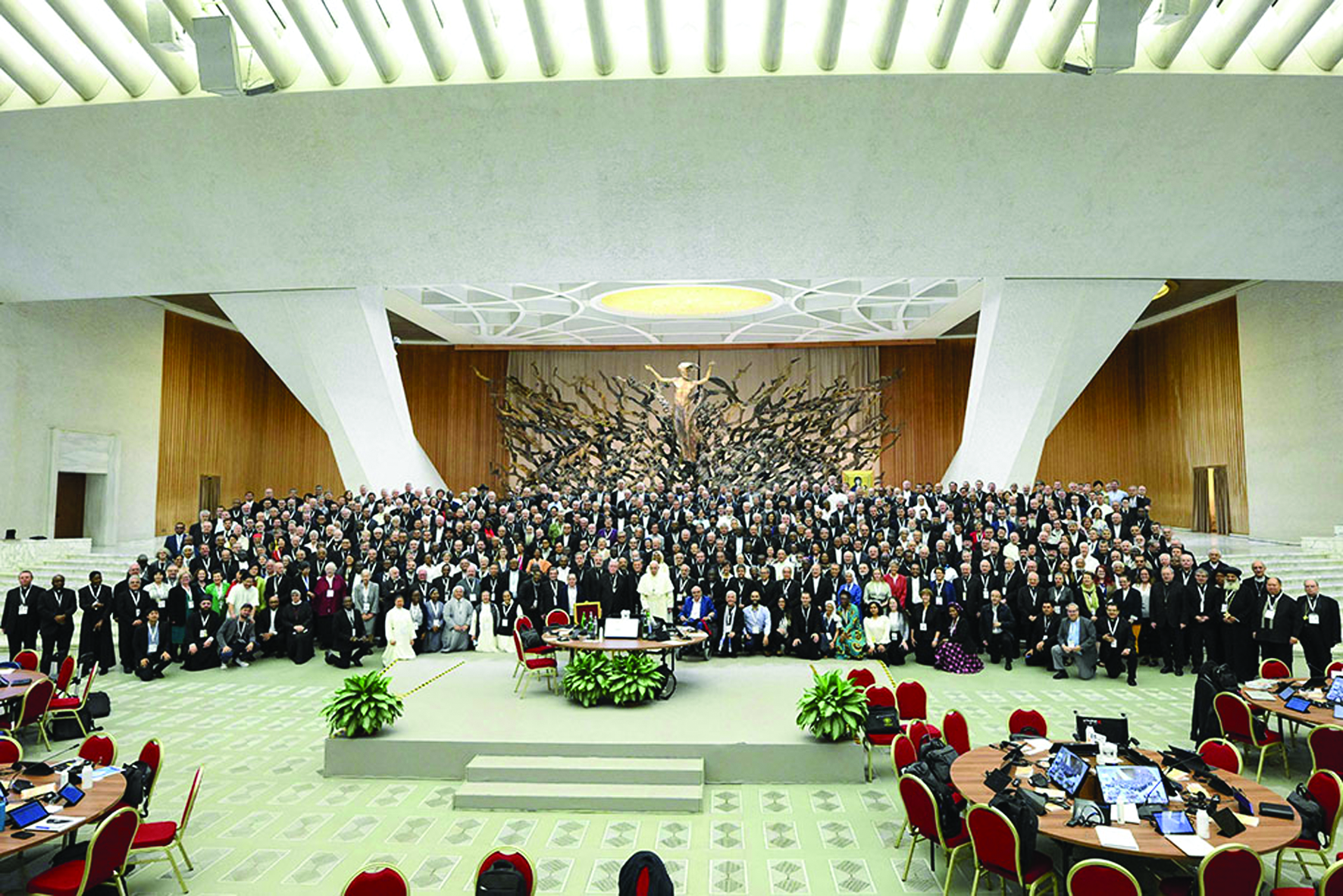
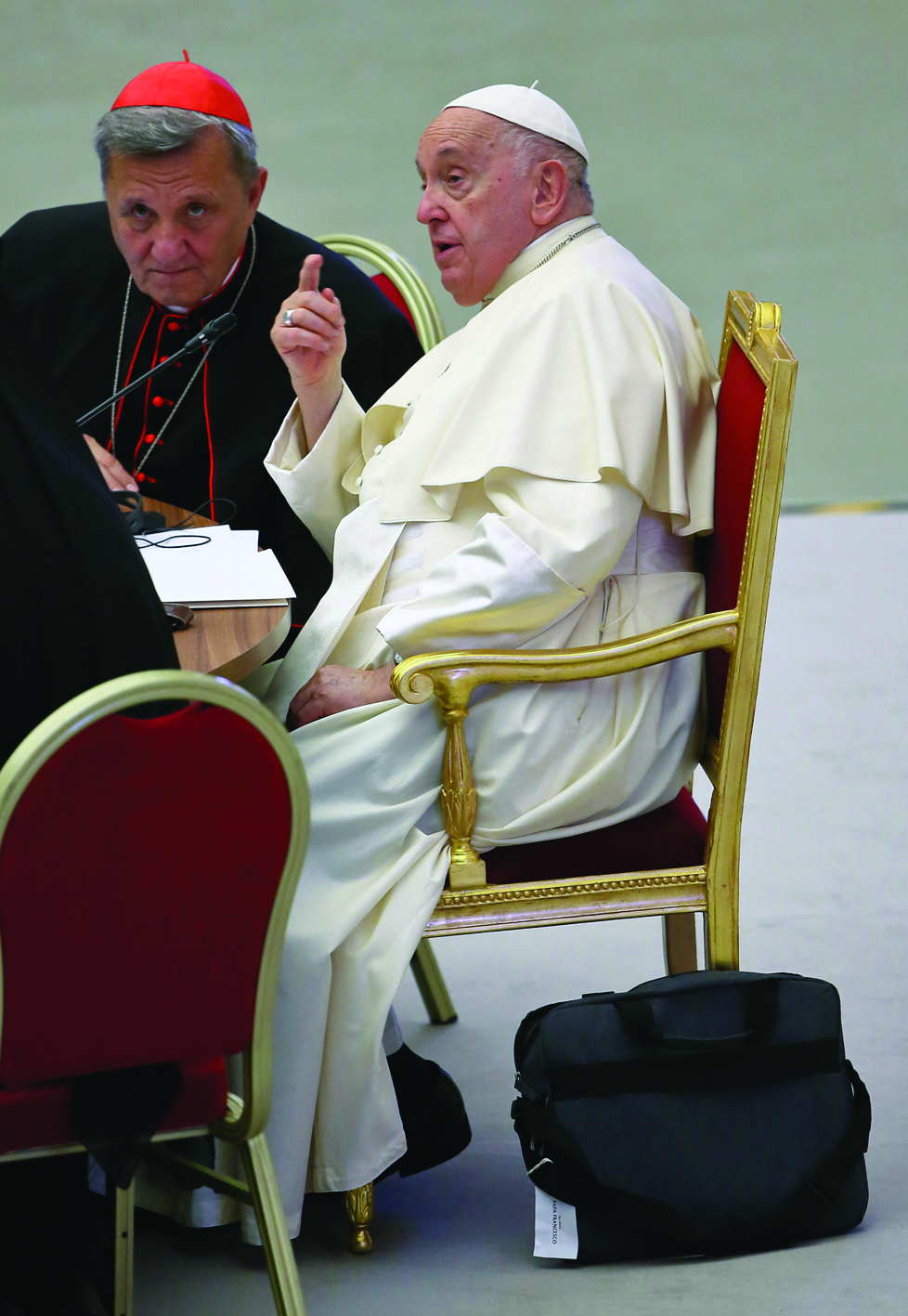
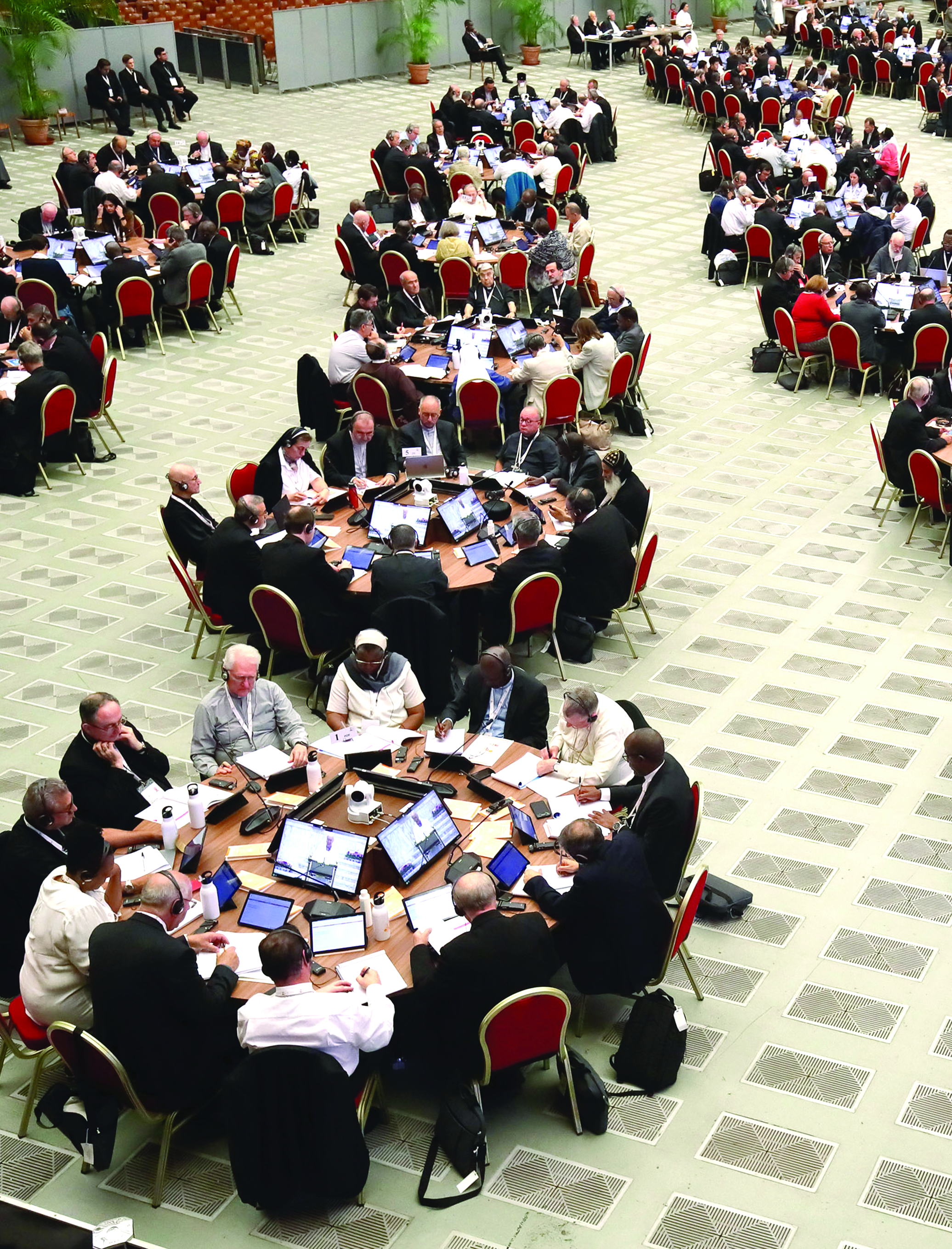
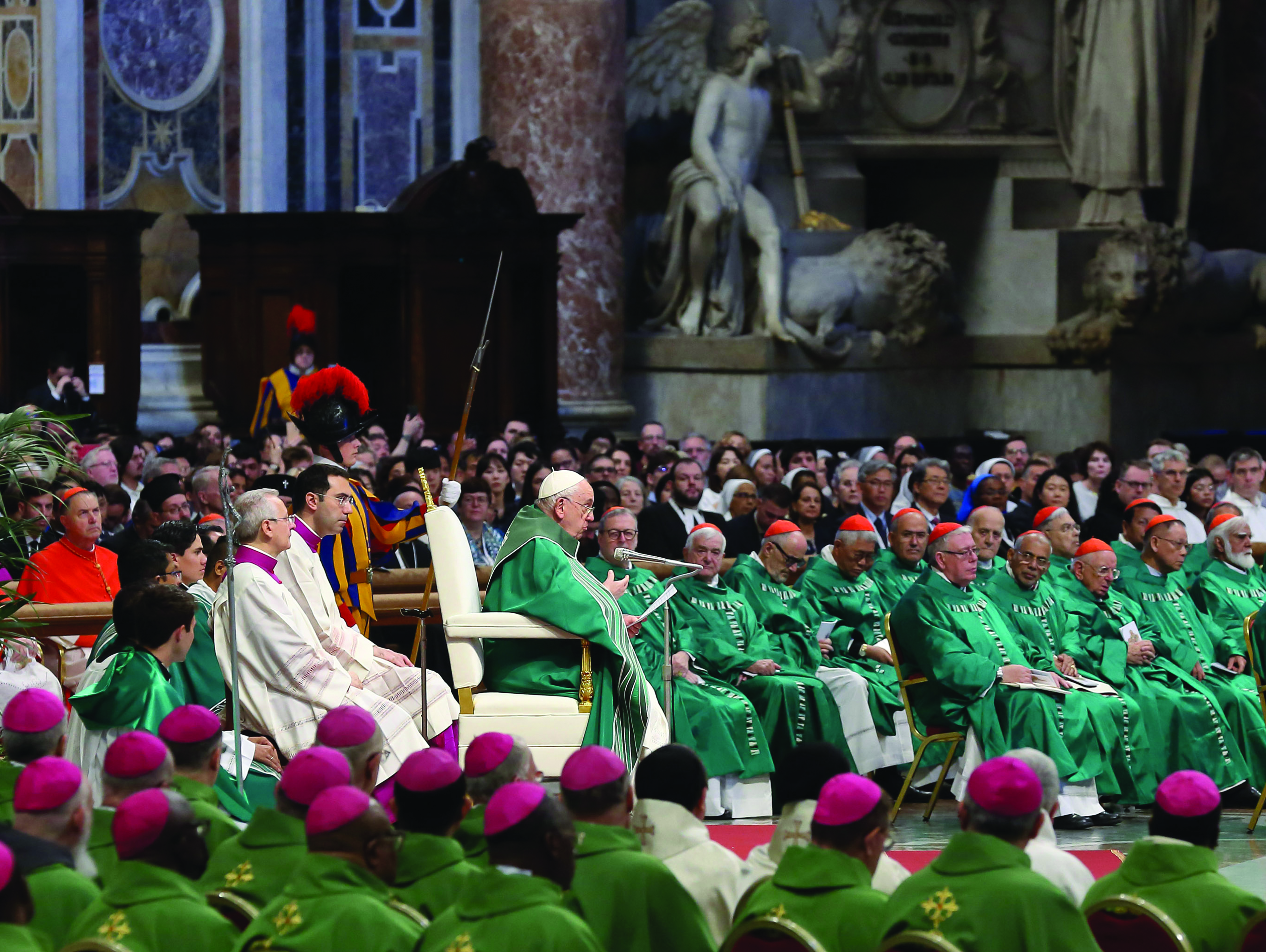
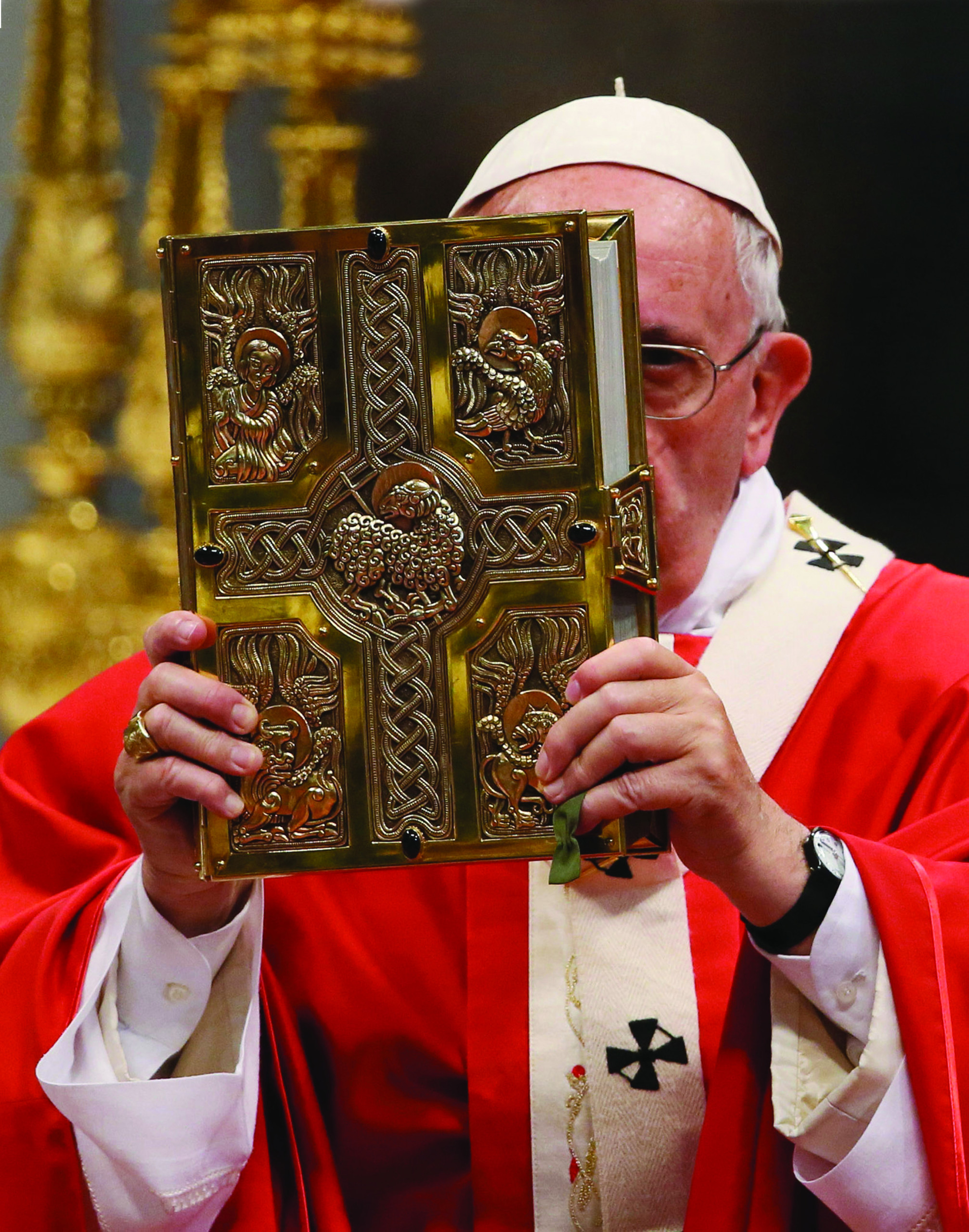
Facebook Comments